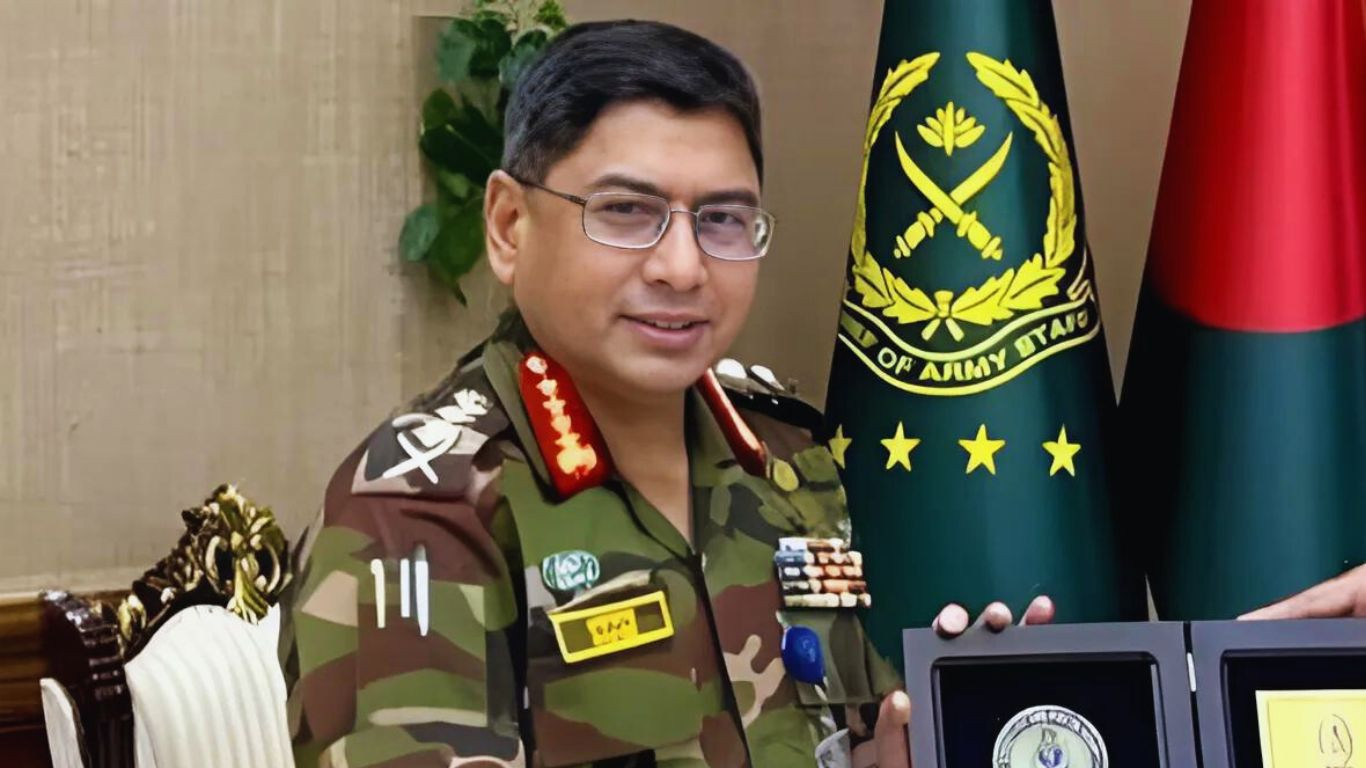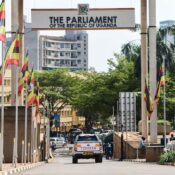
The head of the Bangladeshi army says he will back Yunus’ temporary government “no matter what”
The head of Bangladesh’s army promised to support the country’s interim government “come what may” to help it finish important changes after Prime Minister Sheikh Hasina was removed so that elections could happen within 18 months.
General Waker-uz-Zaman and his men did nothing in early August when student-led protests against Hasina were going on. This sealed Hasina’s fate, and she quit her job as prime minister after 15 years and fled to India, which is nearby.
In a rare interview with the media, Zaman told Reuters on Monday at his office that he fully supported the interim government run by Nobel Peace Prize winner Muhammad Yunus and laid out a plan to get the military out of politics.
“I’ll stand with him. No matter what. “So that he can finish his mission,” Zaman, who was wearing military fatigues and a beanie, told Yunus.
Yunus has promised important changes to be made to the police, the courts, and the banking system. These changes will make it possible for the country of 170 million people to have free and fair elections.
After the changes, Zaman said that the move to democracy should happen in a year to a year and a half, but he stressed the need for patience.
“If you ask me, then I will say that should be the time frame by which we should enter into a democratic process,” he added.
There should be polls within three months of the interim government taking office in August, according to Hasina’s Awami League and the Bangladesh Nationalist Party (BNP), which is a bitter rival within the party.
Mirza Fakhrul Islam Alamgir, the secretary general of the BNP, told Reuters on Tuesday that the party wants polls to happen as soon as possible.
“I am not going to give any particular time period but I think the sooner the better,” he added. “We are ready for the vote.” We are ready, even if they happen tomorrow.
Sajeeb Wazed, Hasina’s son and advisor, did not answer right away when asked for a statement.
Zaman said that he meets with Yunus once a week and that the two of them have “very good relations.” The military is helping the government to bring stability to the country after a time of chaos.
“I’m sure that if we work together, there is no reason why we should fail,” he added.
Over 1,000 people were killed in protests that started in July as a movement against job targets in the public sector but turned into a larger anti-government uprising. It was the bloodiest time in the country’s history as an independent country.
Dhaka, a crowded city that was at the center of the rebellion, is back to normal, but some parts of the civil service are still not working right.
Because a lot of Bangladesh’s 190,000-strong police force is still in chaos, the army has stepped up to keep the peace across the country.
PENALTIES AND CHANGES
Bangladesh was formed from what used to be East Pakistan after a bloody freedom war. It was put under military rule in 1975 after its first president, Hasina’s father Sheikh Mujibur Rahman, was killed.
In 1990, a popular uprising got rid of military leader Hossain Mohammad Ershad, which led to the return of freedom.
In 2007, the military staged another coup and backed a caretaker government that was in charge until Hasina took over two years later.
Zaman, an infantry general who has been in the army for a long time and has seen these times of chaos, said that the army he leads would not get involved in politics.
And he said, “I will not do anything that hurts my organization. I am a professional soldier.” I want to keep my army in a good mood.
As part of the changes that have been suggested since Hasina was removed, the army is also looking into claims that some of its members did wrong. Some soldiers have already been punished, Zaman said, but did not give any more information.
He said, “Of course I will take action if any serving member is found guilty.” He also said that some military officials may have done wrong things while working for agencies directly overseen by the past prime minister or interior minister.
A five-person committee was set up by the interim government to look into claims that Bangladesh’s security forces may have “disappeared” up to 600 people since 2009.
In the long term, though, Zaman wanted to keep the army, which has more than 130,000 soldiers and helps the UN with peacekeeping tasks, separate from the political establishment.
“It can only happen if there is some balance of power between president and prime minister, where the armed forces can be placed directly under president,” he told us.
The military forces of Bangladesh are part of the defense ministry, which is usually run by the prime minister. Zaman said that a process of constitutional reform under the interim government might try to change this.
“The military as a whole must not be used for political purpose ever,” he stated. “A soldier must not indulge in politics.”
All Categories
Recent Posts
Tags
+13162306000
zoneyetu@yahoo.com



